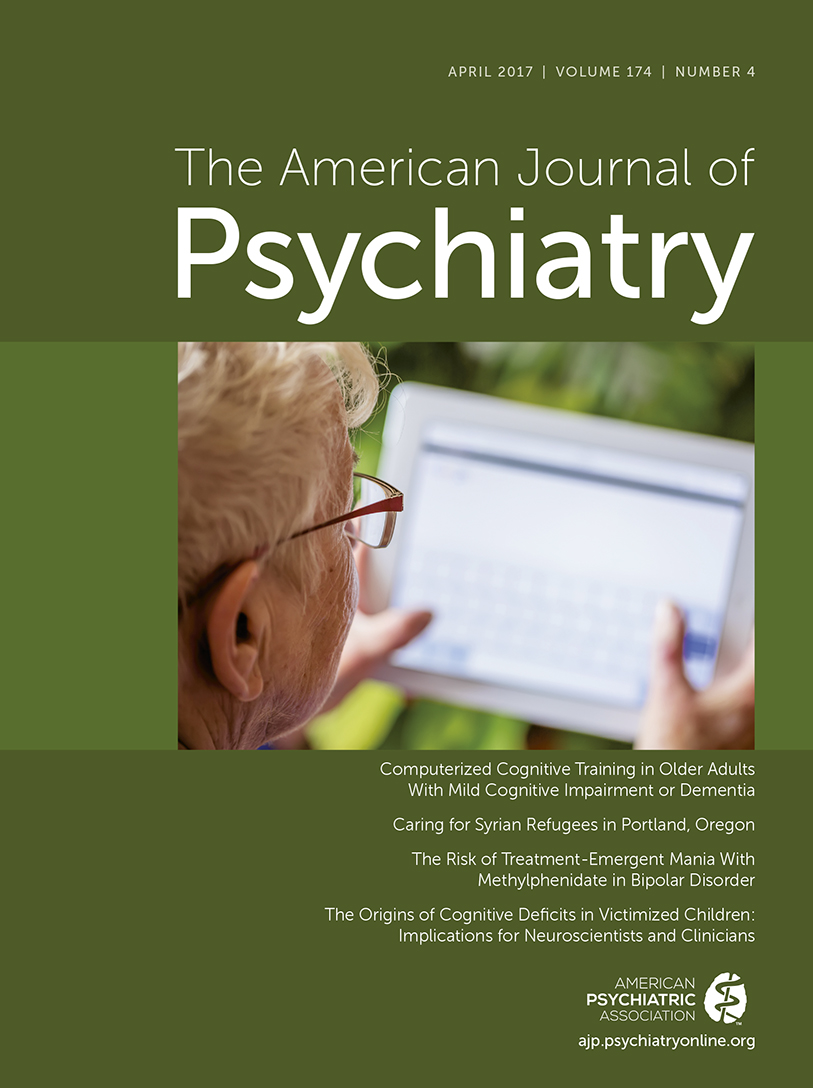Fetal Origins of Mental Health: The Developmental Origins of Health and Disease Hypothesis
Abstract
The quality of fetal growth and development predicts the risk for a range of noncommunicable, chronic illnesses. These observations form the basis of the “developmental origins of health and disease” hypothesis, which suggests that the intrauterine signals that compromise fetal growth also act to “program” tissue differentiation in a manner that predisposes to later illness. Fetal growth also predicts the risk for later psychopathology. These findings parallel studies showing that antenatal maternal emotional well-being likewise predicts the risk for later psychopathology. Taken together, these findings form the basis for integrative models of fetal neurodevelopment, which propose that antenatal maternal adversity operates through the biological pathways associated with fetal growth to program neurodevelopment. The authors review the literature and find little support for such integrated models. Maternal anxiety, depression, and stress all influence neurodevelopment but show modest, weak, or no associations with known stress mediators (e.g., glucocorticoids) or with fetal growth. Rather, compromised fetal development appears to establish a “meta-plastic” state that increases sensitivity to postnatal influences. There also remain serious concerns that observational studies associating either fetal growth or maternal mental health with neurodevelopmental outcomes fail to account for underlying genetic factors. Finally, while the observed relation between fetal growth and adult health has garnered considerable attention, the clinical relevance of these associations remains to be determined. There are both considerable promise and important challenges for future studies of the fetal origins of mental health.



